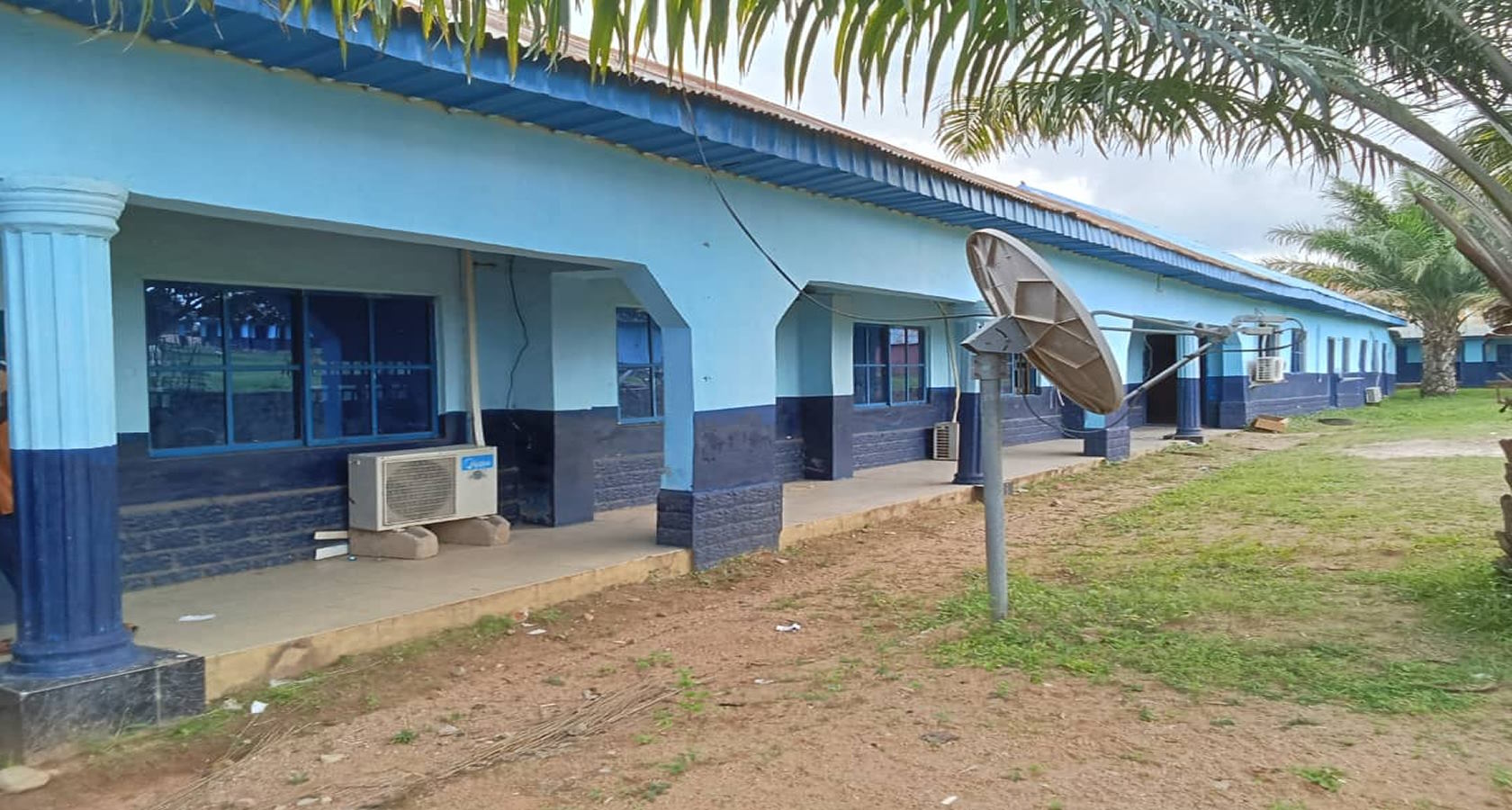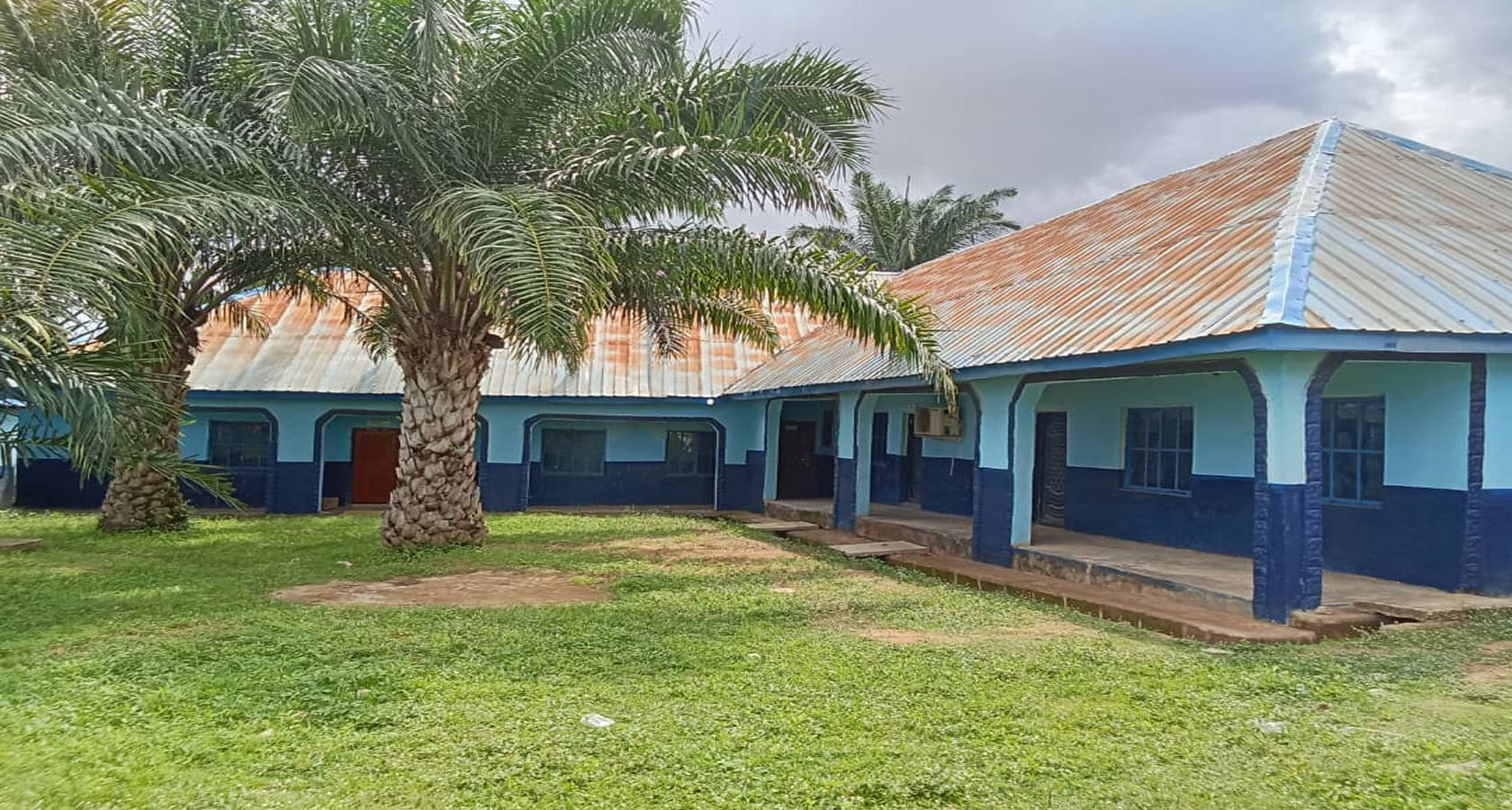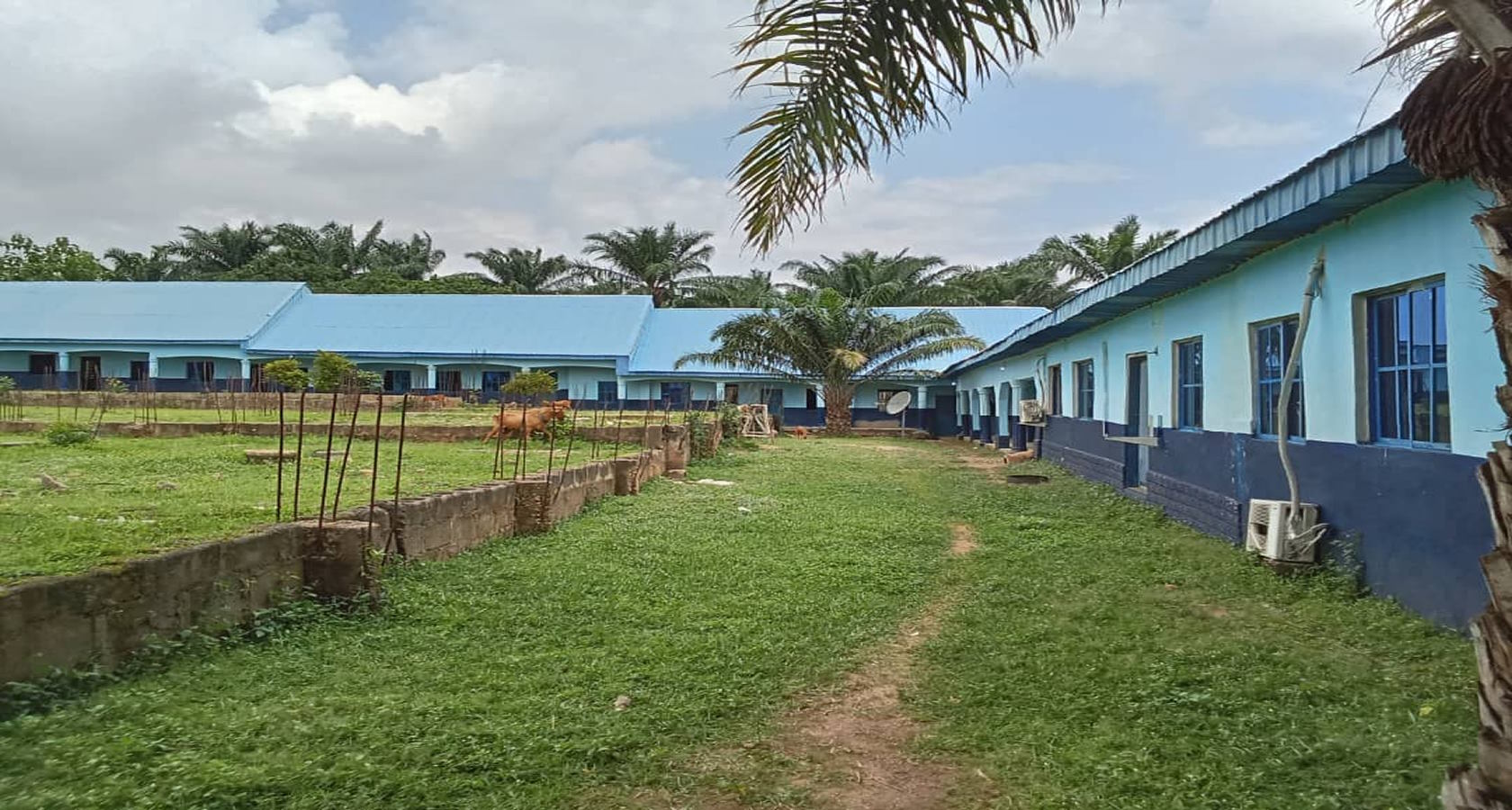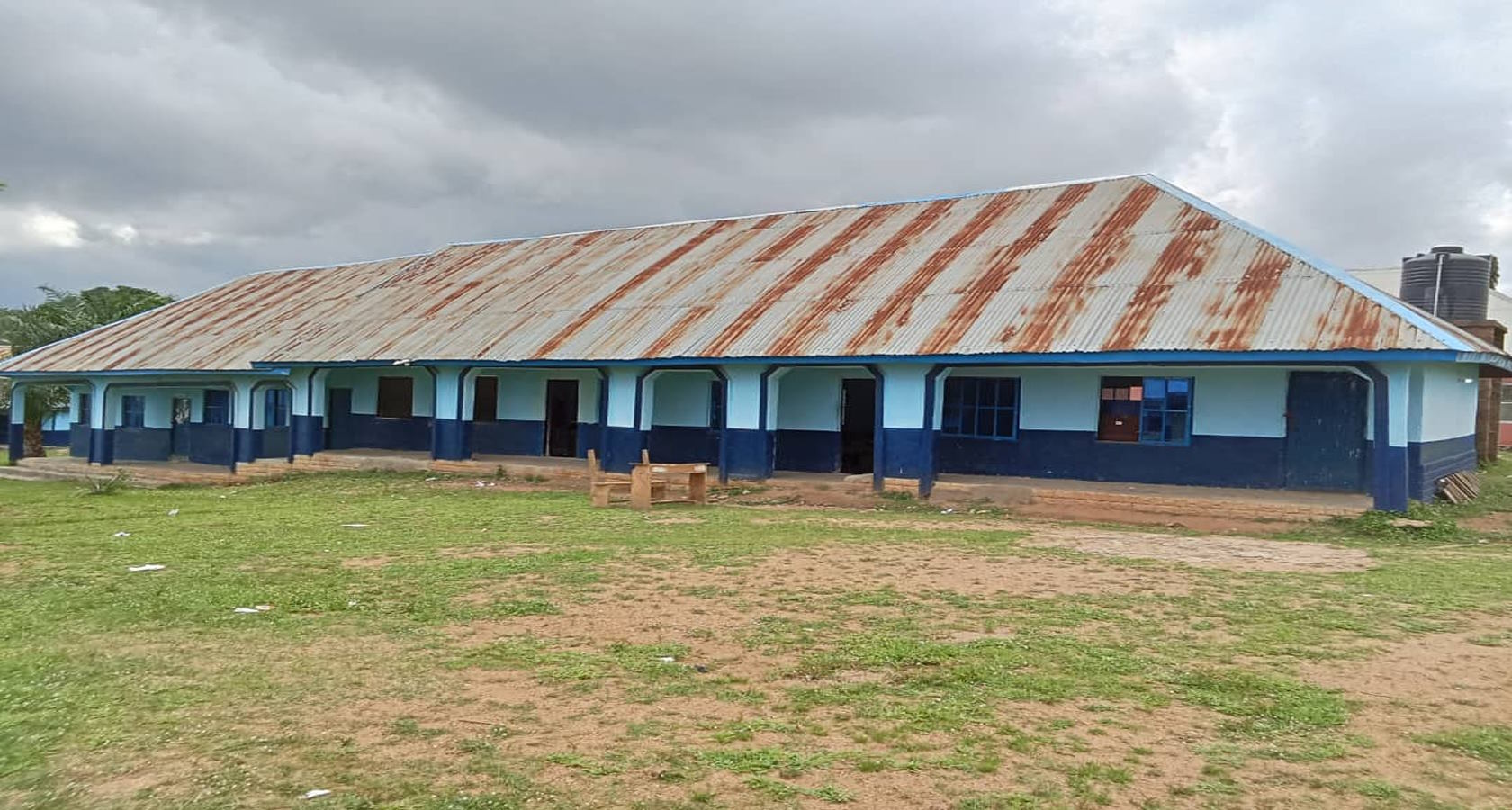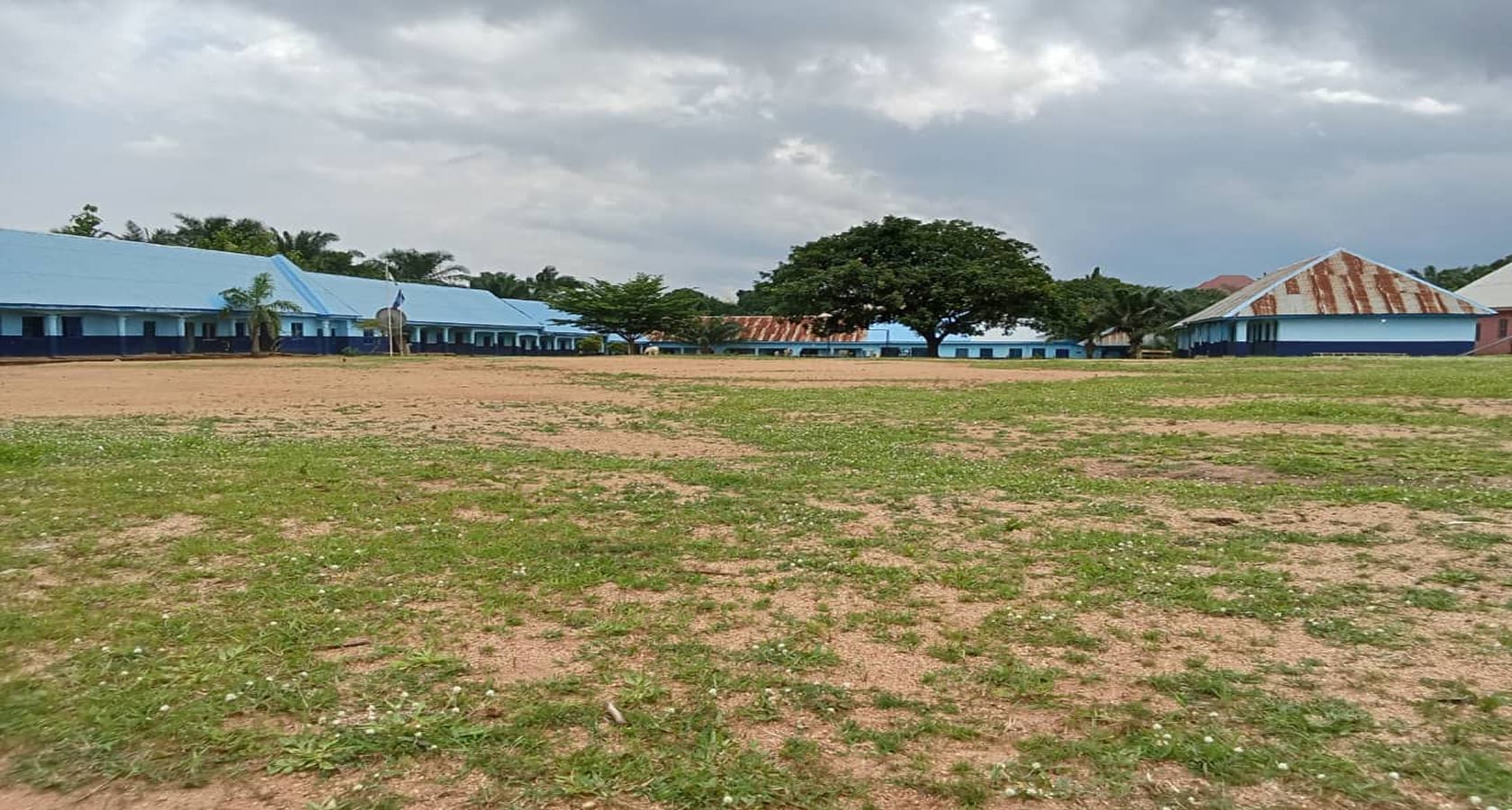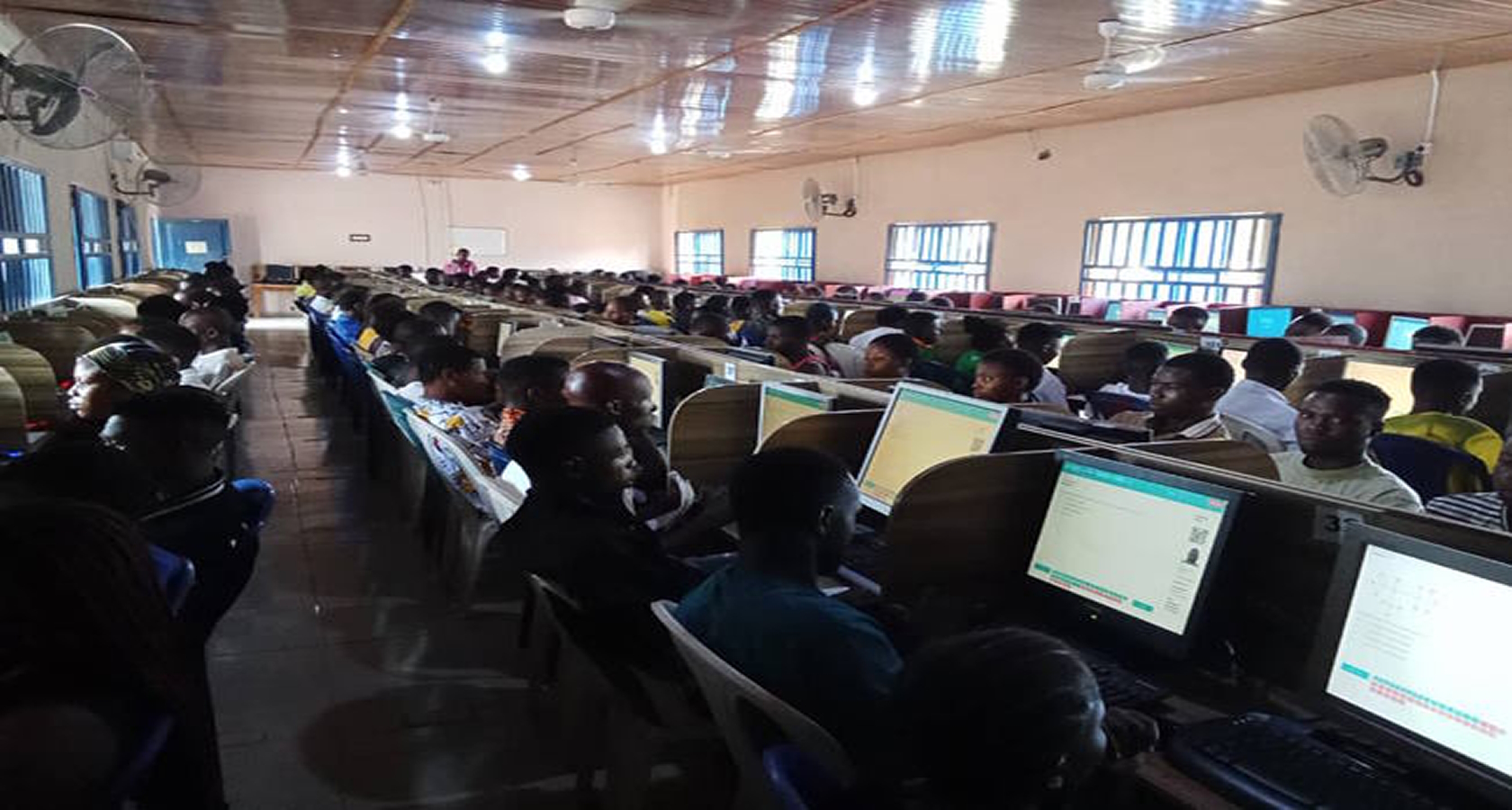Vision
To groom highly refined professional diplomats in various branches sciences (technicians, technologists) and resource-oriented entrepreneurs who will invaluably contribute to both technological and economic advancement of Nigeria, and that will competently contend with their contemporaries at the global stage.
Mission
To combine professionalism with academics in strengthening capacity building of our diplomats in the requisite expertise areas through accessible, affordable, sustainable and technological innovatively driven qualitative education so as to meet the socio-economic needs of Nigerians and globe at large
Brief About Excellent College of Sciences and Health Technology Gboko
Excellent College of Sciences and Health Technology Gboko, established as part of the Nigerian Basic Health Service Scheme is posed to train low and middle cadre of Primary and Public Health workers that will be able to meet the staff demands for basic health units of the country and promote health education, since the world is experiencing drastic changes in disease patterns which is largely due to globalization and consumption patterns resulting in rising population affected by cancers, diabetes, hypertension among other life threatening diseases. On the rise are mental health disorders, traffic and industrial accidents, violence, unsafe sex and insufficient health-sustaining physical activity, among other threats which include insecurity, floods, Lassa fever, Ebola, Cholera, Poliomyelitis, Avian Influenza and COVID-19. Nigeria’s healthcare system faces several challenges that disallow effective delivery of affordable quality healthcare to the citizenry which health education and promotion can handle. The country still has one of the highest child and maternal mortality rates in the world; ranking 10th after Chad, Somalia, Central Africa, Sierra Leone, Burundi, Guinea-Bissau, Liberia, Sudan and Cameroon. The high child and maternal mortality rates are mostly due to infrastructural deficits, inadequate access to quality medical care in the rural and remote areas of the country and shortage of well-trained physicians, midwives and other health professional personnel.
The low rate of less than 0.5 physicians per 1,000 people in Nigeria is far from meeting the low benchmark of the 2.5 physicians, nurses and midwives per 1,000 people and other allied health professionals are also in very short supply in Nigeria as set by the World Health Organization. For example, the physiotherapists per population ratio (density) stands at 63,349 and it is one of the highest (that is, worst) in the world. Nigeria has 1.7 physiotherapists per 100,000 people, compared to 12 physiotherapists for Tunisia, 13 for South Africa, 49.4 for Canada, 61.4 for Australia, and 64.7 for the U.S.A. The National Health Policy (NHP) recognizes that Nigeria is saddled with an unbearable burden of Communicable and Non-Communicable Diseases (NCDs). This is coupled with issues such as low levels of health literacy, poor sanitation and inadequate attention to key social determinants of health. Thus, there is the critical need for professional and in-service training, education and promotion in primary and public health with reckoning to a culturally relevant setting to enhance application of new knowledge and skills. Hence, the establishment of Excellent College of Sciences and Health Technology, Gboko which is primarily bedrocked on health promotion and education drawn from the biological, environmental, community, psychological, computerized, physical and medical sciences to promote health and prevent diseases, disability and premature death through educationally-driven behavioural change activities. It culminates to the development of individual, group, institutional, community and systemic strategies to improve health knowledge, attitudes, skills and behaviour. The purpose of health promotion is to positively influence the health behavior of individuals and communities as well as the living and working conditions that influence their health which can only be achieved by well-trained personnel. Nigeria is experiencing a demographic transition, bringing about an increased demand on a fragile health system and in response to the need for a vibrant, robust and sustainable health system, Health Promotion in the country is evolving from primary Heath Education which primarily ¬focused on more holistic and inclusive health management and prevention of diseases. Deliberate efforts are required to integrate health interventions and promotion within a multi-sectoral context, addressing the broader determinants of health, promoting healthy lifestyles, and galvanizing health actions by individuals, families, communities and the entire populace.
The approval and license of the College was granted by the Federal Ministry of Education through the National Board for Technical Education (NBTE) in 2024 with a vision to solving the above needs through the training of manpower for the health sector with a view to grooming these highly refined technicians, technologists (diplomats) and resource-oriented entrepreneurs who will contribute to both technological and economic advancement of Nigeria and competently contend with their contemporaries at the global stage.
The College is given approval to mount five programmes with each manned by an expertise resource personnel recognized and licensed by the professional governing or regulatory Bodies. The five programmes are: Community Health, Health Information Management, Computer Science, Public Health and Environmental Health Technology. The College has highly qualified academic and administrative staff and it is set to graduate her first set of students in 2026. The Institution obtained the National Board for Technical Education (NBTE) first Physical Verification visit in 2022 and the resource inspection visit was followed to grant the approval for establishment and mounting of Diploma programmes in 2024.
The College through the Departments will be placing emphasis on theoretical and hands-on practical exposures in meeting the needs of the industry. Specialized courses and topics in Computer Science are introduced based on NBTE’s minimum academic benchmark to enhance course model with professional certification topics in Oracle, Cisco, Microsoft & IBM academia. In addition, emerging technologies in ICT such as Information Security, Ethical Hacking (CEH), Internet of Things (IoT) will all be embedded in our National Diploma (ND) & Higher National Diploma (HND) programmes. The Courses and Topics covering in Community Health span across Community Health Officers in diagnosing community needs, intra-natal care to the rural community, post-natal care and family planning services to the rural and urban communities, health care including immunization, nutritional education to the rural and urban communitites, environmental health education to rural and industrial communitites, mobilzation campaigns and health data collection and analysis among others while the Health Information Management courses cover planning and organizing health information services in health care delivery system, organizing and controlling health records under supervision, collection, storage, retrieval and preservation of health information under supervision, collation, analyzes and present health statistical data under supervision, participation in planning, quality control, evaluation, researches in health care delivery system and services in other relevant committees for defining standards for health information under supervision, Assist in designing, standardizing, and controlling health records forms and setting up and managing enterprises.
Our students would be expected to demonstrate their innovative and research expertise via high-quality projects (of publishable standards) that contribute to research knowledge or a practicum that solve significant practical problems in the industry or society at large.
The Departments will also promote research in technology incubation in meeting challenges of the 21st century. Our Alumni will be seen to have demonstrated their excellence in Postgraduate Programmes in prestigious Universities in Nigeria and abroad (across Europe, Asia and Americas) and many will be working in various prestigious organizations around the world. The College runs courses that are well recognized by various professional bodies including Computer Professional (Registration Council) of Nigeria (CPN), Nigeria Computer Society (NCS), Community Health Practitioners Registration Board of Nigeria (CHPRBN), Health Records Officers Registration Board of Nigeria(HRORBN), Environmental Health Officers Registration Council of Nigeria (EHORECON), among others with our grandaunts bagging Chartered membership of these professional bodies.
The aims and objectives of the College is as adopted as to that set by the National Policy on Education which are derived from the philosophy are:-
- 📌 The training of the mind in the understanding of the world;
- 📌 The acquisition of appropriate skills and the development of both mental, physical and social abilities and competences as equipment for the individual to live and contribute to the development of his society; and
- 📌 Inculcation of the right type of values and attitudes for the survival of the individual and the Nigerian society at large.
The College is built on the objectives of Technical Education in Nigeria as contained in the National Policy on Education which is largely derived from the National aims and objectives of education as:
- 📌 To provide manpower in applied, technology and commerce, particularly at the sub-professional grades;
- 📌 To provide the technical knowledge and vocational skills necessary for health, agriculture, industry and commerce;
- 📌 To provide quality people who can apply health and scientific knowledge to the improvement and solution of environmental problems for the use and convenience of man;
- 📌 To give an introduction to professional studies in Health related, science, Engineering and other technologies;
- 📌 To enable our young men and women to love intelligent understanding of the increasing complexity of technology.
The Institution Environment
The Institution is situated in a serene and conducive environment in Gboko North-West area of Gboko local government, Benue State. The name Gboko also refers to a local government area in Benue State and a town that is an administrative centre for the local government council. The Gboko town is located on geographic coordinates: 7019’0’ North and 906.63’0’ East; it is a fast growing town in the Benue State of North central Nigeria. The population of the town is fast growing. It is the traditional seat of the Tiv tribe and it has the official residence of the Tor-Tiv, who is the paramount traditional ruler of the Tiv people that spread across Benue, Taraba Nasarawa, and Plateau States.
Signed: Mrs. Barbara Ngiher Amah

